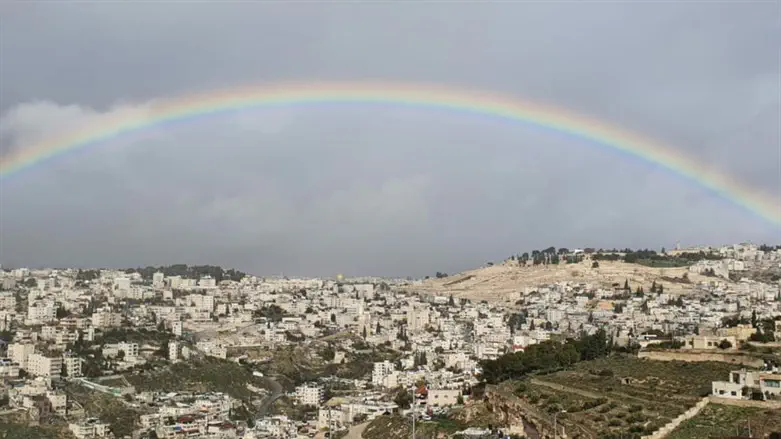
Every year at this time, we mourn the destruction of the Temples and pray for its rebuilding. Does this mean that the Temple will actually be built this year?
The answer is that we do not know.
Prayers for things that are missing are not actually answered immediately, certainly not always. For thousands of years, our grandparents prayed "and may our eyes behold Your return in Zion with mercy" and they died in exile, alone and in darkness.
Does this mean that their prayers were in vain? God forbid!
Each and every prayer deepened the connection to Zion in their hearts, and after two thousand years - on top of this mountain of yearning - their descendants returned to Zion with mercy. When we pray for physical health, economic success, political victory or return to Gush Katif, are we sure that the response will be immediate? Here, too, the answer is no! We know that our requests and longing add good in the spiritual world, and will someday be realized in the real world as well.
Patience.
Every prayer and every tear of sorrow during these days builds another stone in the Temple in our hearts, and from all these stones the Temple will also actually be built; and if not this year - then next year; and if not next year - then in a hundred years.
So what do we do now? Now we yearn and cry.
_______________
And also learn to overcome shadow and fear from the end of the Book of Numbers we read this past Shabbat.
The story in which the Torah saw fit to end the Book of Numbers is the story of the daughters of Tzelofhad. It is precisely close to the Book of Deuteronomy, just before entering the Land of Israel, that the five daughters find themselves homeless and with no inheritance.
The Kabbalists define the name Tzelofhad as a combination of two words "shadow and fear": at times of transitions, before entering a new home, before the beginning of the saddest month and the saddest fast, before the beginning of a new year, a new election campaign or a new stage in life - we are filled with "shadow and fear"; fearing that the solution might not be found; that we will lose our inheritance; that God will abandon us.
This never happens! In the end, it turns out that a solution that bridges the desire of the daughters of Tzelofhad to build their own personal homes on the one hand; and the preservation of tribal and family traditions, on the other hand.
This is also the deeper meaning of their names: Machla – in the sense of dance; Noa – in the sense of pleasantness; Hogla – in the sense of a circle; Milka – in the sense of royalty; and Tirtza – in the sense of completion. Everything works out in the end.
In all the desert journeys of our lives, in all the contradictions and wars in which we find ourselves, we end up dancing in a circle, filled with pleasantness, royalty and contentment. This is also what will happen with God’s help in the coming months for the better, without shadow and fear.